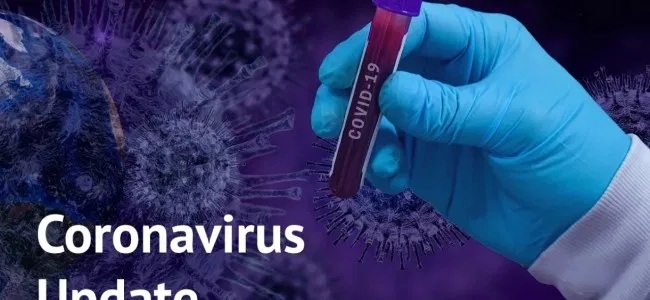Scientists sceptical about Russia’s COVID-19 vaccine, cite lack of evidence for efficacy
| Date :13-Aug-2020 |

By Shakoor Rather :
NEW DELHI
RESPONDING with scepticism to Russia’s approval of a COVID-19 vaccine, several scientists around the world, including in India, suggest it hasn’t been tested properly given the time constraint and there may not be enough evidence to prove its efficacy. Announcing the “breakthrough” on Tuesday, Russian President Vladimir Putin vouched for the safety and efficacy of the vaccine, named Sputnik V, and said one of his daughters has already received a shot. While the country hopes to start mass-producing the vaccine by October and plans to offer the first doses to essential workers, many in the science community seem unimpressed.
The announcement should be taken “with a pinch of salt”, said Indian immunologist Vineeta Bal. “Unless some data are out in the open for people to see, including clinical trial phases and numbers, it is hard to believe that vaccine efficacy studies are successfully conducted between June 2020 and August 2020,” Bal, an immunologist from the Indian Institute of Science, Education and Research in Pune, told PTI. “Are they talking about controlled human challenge studies?
If yes, that evidence is also useful to examine protective efficacy,” she noted. Florian Krammer, a professor at the US-based Mount Sinai’s Icahn School of Medicine, questioned the safety of the vaccine. “Not sure what Russia is up to, but I certainly would not take a vaccine that hasn’t been tested in phase 3. Nobody knows if it’s safe or if it works. They are putting HCWs (health care workers) and their population at risk,” Krammer said on Twitter. Indian immunologist Satyajit Rath agreed with Krammer.
Russian authorities seem to be depending on the generation of ‘neutralising’ antibodies in Phase 2 clinical trials for deciding that the vaccine candidate works, he said. A neutralising antibody defends a cell from an infectious particle by neutralising any effect it has biologically.